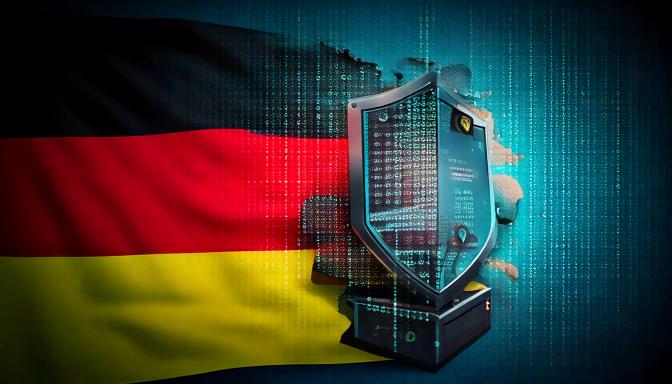During the 2024 U.S Election, intelligence agencies warned of foreign misinformation campaigns targeting voters. As Germany is bracing for its own upcoming federal election, the European Union is readying efforts to address expected cybersecurity threats. With hacking, disinformation, and manipulation on the radar, Europe wants to safeguard its elections and critical infrastructure.
What’s Happening & Why This Matters
Germany’s interior minister, Nancy Faeser, has made it clear that protecting democracy in the digital world is paramount, especially with an election approaching in February 2024. The ministry has noted high cybersecurity threats due to geopolitical tensions, particularly the ongoing Russian invasion of Ukraine. Reports highlight that 22 Advanced Persistent Threat (APT) groups are targeting both public authorities and private businesses, making election security a top priority.
Germany is addressing these issues with modernized IT security laws. In 2024, businesses in more sectors are required to implement stronger cybersecurity measures and report any attacks on their systems.
At the same time, the European Commission is turning its attention to 5G network security. Henna Virkkunen, the incoming European Commissioner for Tech Sovereignty, Security, and Democracy, has expressed dissatisfaction with how EU member states have handled risks from Chinese telecom giants, Huawei and ZTE. Though the EU introduced 5G cybersecurity measures in 2020, only a few countries have fully banned these high-risk vendors. Virkkunen plans to push for a more unified approach to securing 5G infrastructure, especially given the increasing cyber threats that come with it.

Additionally, discussions around the Digital Networks Act are in the pipeline for 2025. This overhaul improves telecom investment and connectivity further tightening EU regulations to protect digital services and networks.
TF Summary: What’s Next
As Europe hardens 5G security and election protection, the EU and its member states will focus on strengthening their cybersecurity frameworks. The upcoming Cyber Security Act revisions and the Digital Networks Act will ensure that EU nations can respond effectively evolving threats. With high-stakes elections and critical infrastructure at risk, it’s evident that Europe’s cyber-stability battle is just beginning.
— Text-to-Speech (TTS) provided by gspeech


